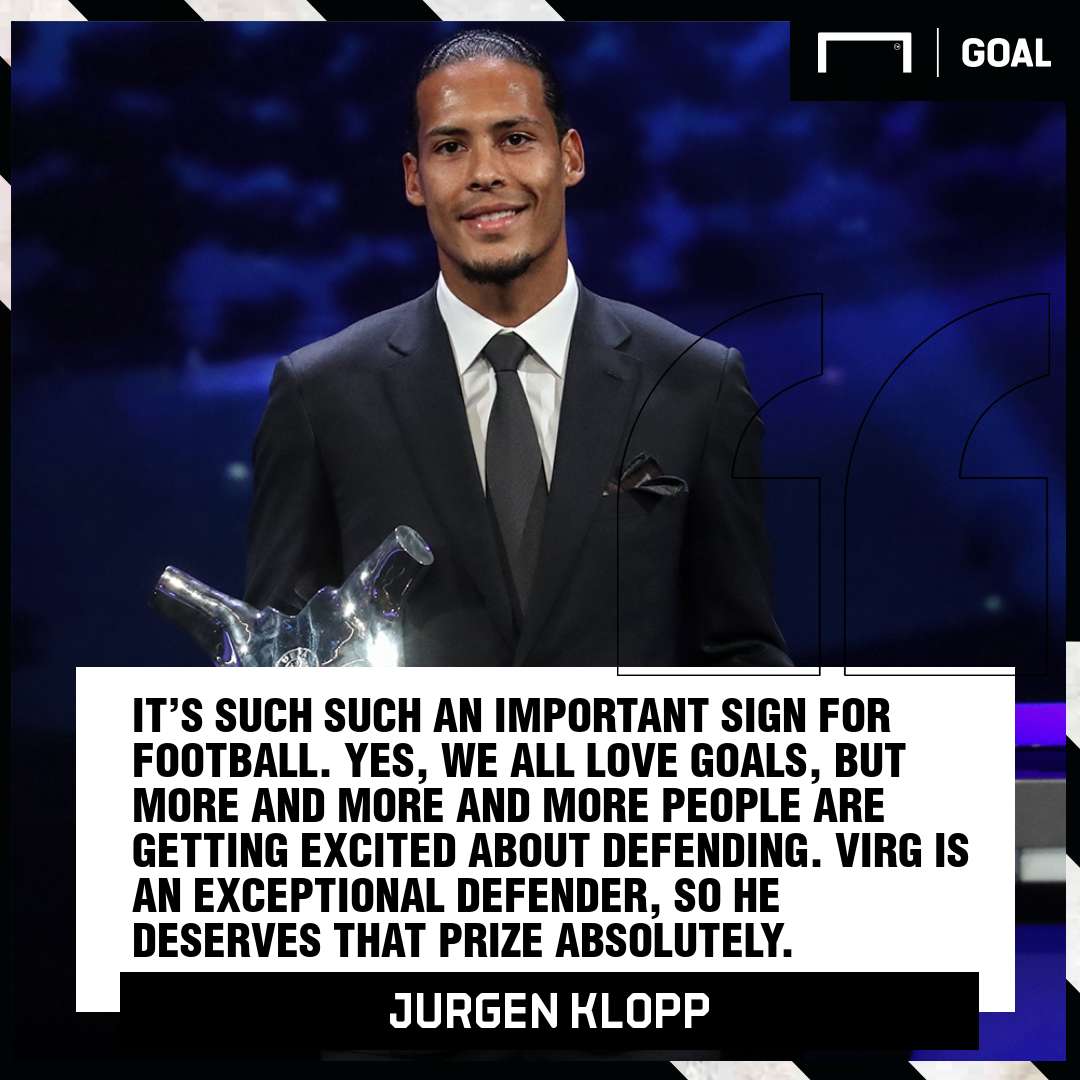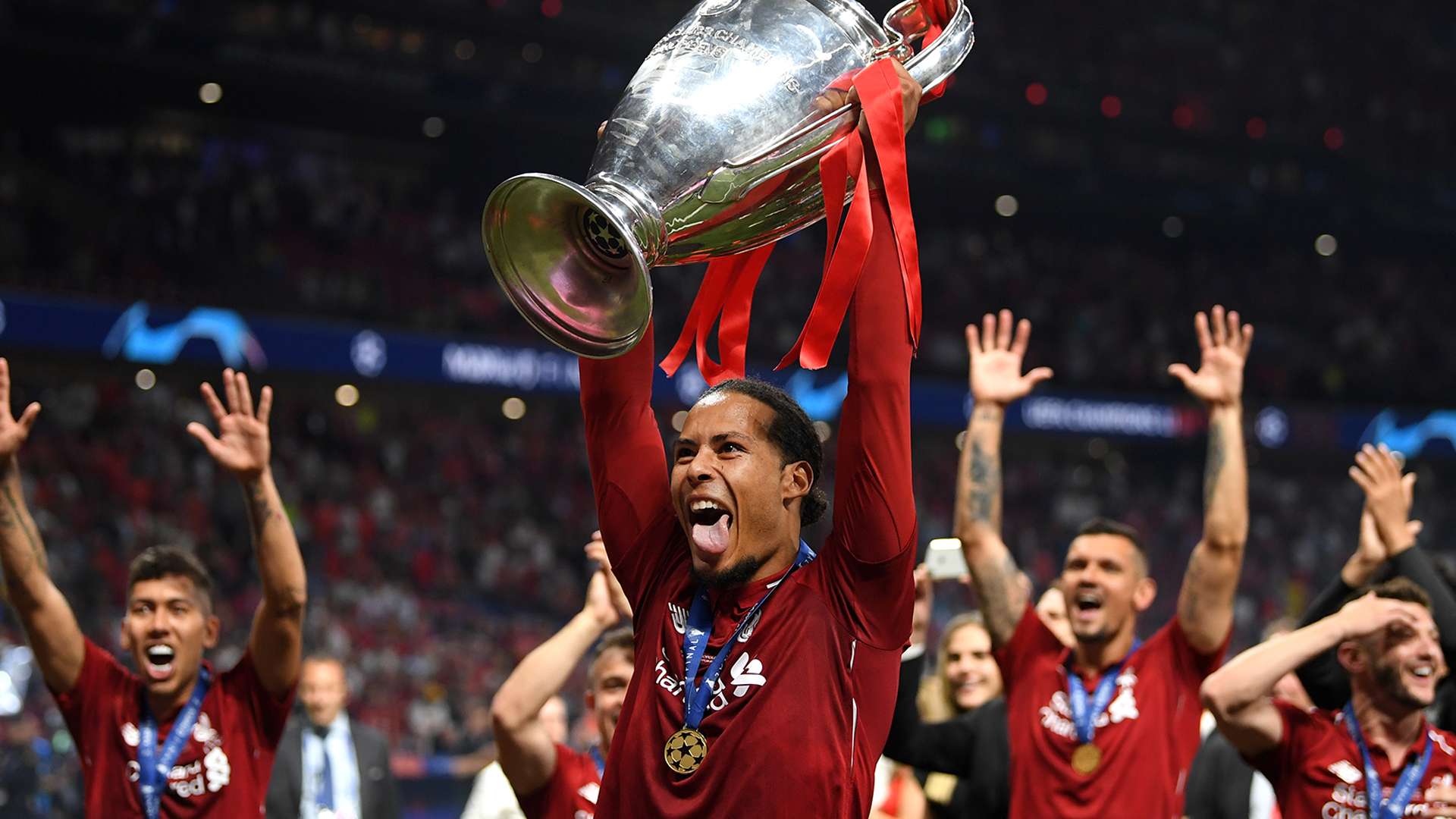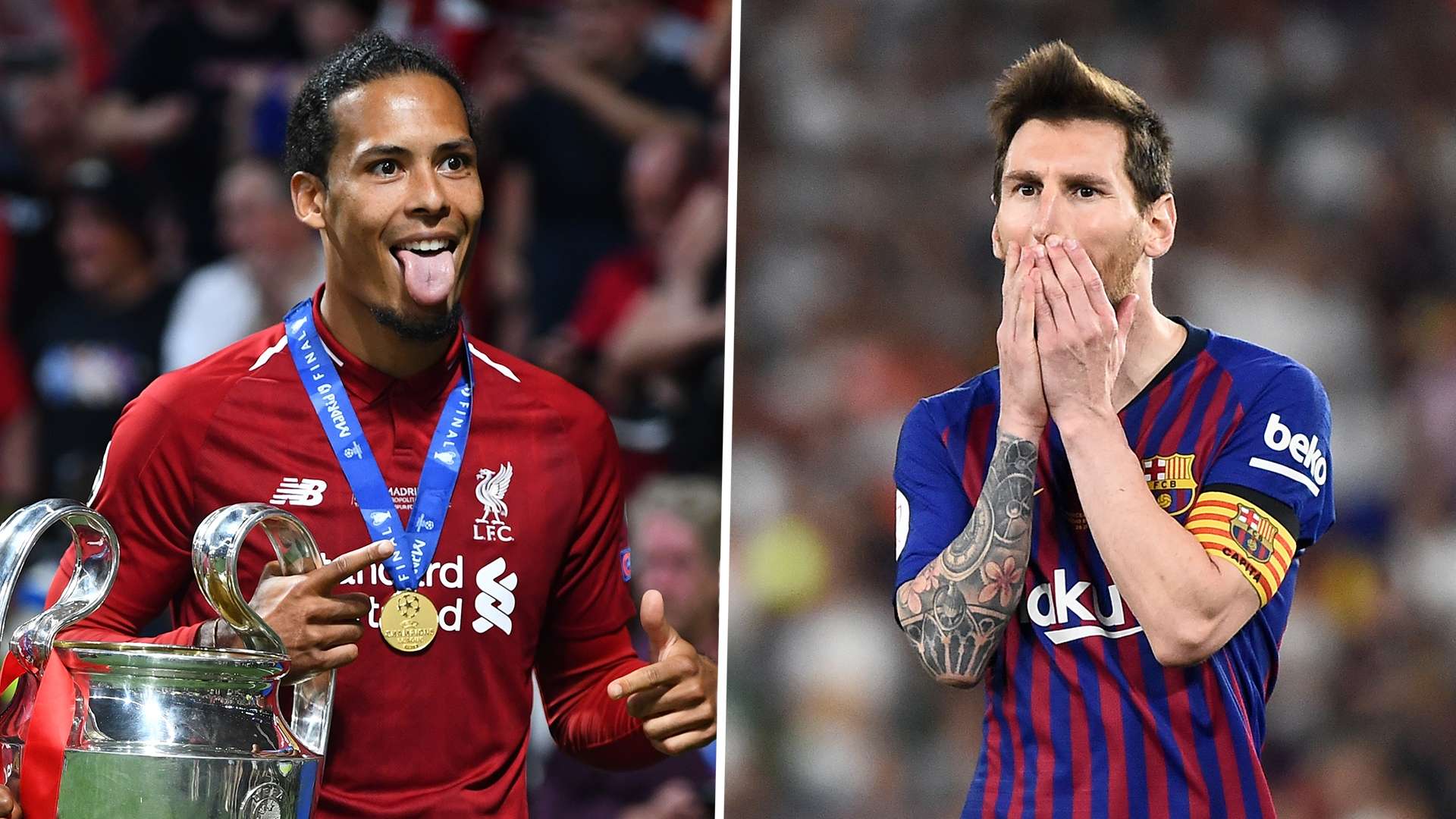The UEFA Club Footballer of the Year award was established all the way back in the 1997-98 season and that year it was given to the one and only Ronaldo, then playing for Inter.
Midfielders like David Beckham, Fernando Redondo, Stefan Effenberg, Deco and Steven Gerrard took home the prize having subsequently starred in Champions League-winning teams for Manchester United, Real Madrid, Bayern Munich, Porto and Liverpool, respectively, while goalkeeper Gianluigi Buffon was also given it in 2003 even though Juventus lost the final on penalties to AC Milan.
The prize’s format changed for the 2010-11 season and became the UEFA Men’s Player of the Year instead. Andres Iniesta had an outstanding 2011-12, even if Chelsea beat Barcelona in the Champions League semi-finals, and his form in Spain’s Euro 2012 win saw him rightly rewarded for his efforts.
But these prizes have often been a carve up of the most creative players and the heaviest goalscorers. Cristiano Ronaldo and Lionel Messi have shared a few between them while all-time greats like Zinedine Zidane, Ronaldinho, Kaka, Diego Milito and Franck Ribery have got their hands on it too.
Those were goalscoring or playmaking stars for some of the top clubs in Europe, while Luka Modric’s prize last year could be seen in hindsight as a commendation for a career’s worth of consistency, centrality to the Real Madrid cause and for taking Croatia to the World Cup final.
It is a measure of Virgil van Dijk’s standing in the game that he has just become the first defender to win UEFA’s top individual playing prize.
"It’s big," Liverpool boss Jurgen Klopp enthused. " It’s really rare for a defender. It’s such an important sign for football.
"Yes, we all love goals – we want to score them and see them – but more and more and more people are getting excited about defending.
"Virg is an exceptional defender, 100 per cent the best defender in the world, so he deserves that prize absolutely."

Klopp is dead right: centre-backs are not often in the running for these prizes; Fabio Cannavaro in 2006 and Matthias Sammer a decade earlier standing out as the only two examples in the history of the modern game of Ballon d’Or winning-defenders.
Players in that part of the pitch are expected to be unfussy, to get through their work diligently and to set the platform for the matchwinners further forward to do their thing.
Times are changing in football, however. The emphasis on the collective in the very top teams mean fewer and fewer are operating with outright superstars, around whom the rest of the team is slotted. And, perhaps, in years to come fewer of those will win the individual prizes too.
The top managers like Klopp and Premier League winner Pep Guardiola prefer to have players who submit to the will of the team, operate within a system and who are not self-obsessed when it comes to goals and trinkets.
Liverpool have instead mastered their collective game. While players like Mohamed Salah and Sadio Mane can be relied upon to score with consistency, they do so within a collective game plan that places them at the business end.
There were eyebrows raised a couple of summers back when Liverpool declined to pursue any sort of centre-back once Southampton put the brakes on a move for Van Dijk.
It was better to make no signing than the wrong signing in the mind of Klopp and so the likes of Dejan Lovren and Joel Matip got another try. Liverpool did patch things up with Southampton, however, and got their man a few months later for a fee of £75 million ($91m) which, at the time, looked on the high side but in retrospect looks a bargain.
 Getty
Getty
It wasn’t any £75m centre-back that Klopp wanted. He wanted his £75m centre back. Michael Edwards, the Liverpool sporting director, heads a recruitment team which has brought home the goods time and again.
Van Dijk's club-mate Alisson Becker also took to the stage on Monaco, to collect the Best Goalkeeper prize. What is remarkable to think is that Liverpool effectively spent very little on the pair, with the £142m ($173m) that Barcelona paid for Philippe Coutinho covering both purchases.
Think about Barca’s current predicament. They got €222m (£201m/$245m) for Neymar from Paris St-Germain and did nothing of use with it. The purchase of Coutinho was a dud from the get-go, while Ousmane Dembele could well be used as a makeweight to get Neymar back to Camp Nou. What a mess!
It speaks to the intelligence Liverpool have put into their transfers during the Klopp era and of the confidence they have that they are doing things the right way.
Van Dijk’s award should be considered in that context. Liverpool have given him the platform to demonstrate his class, his consistency, his strength and his vision.
And he has given Liverpool the bedrock they needed for a sixth European Cup.
